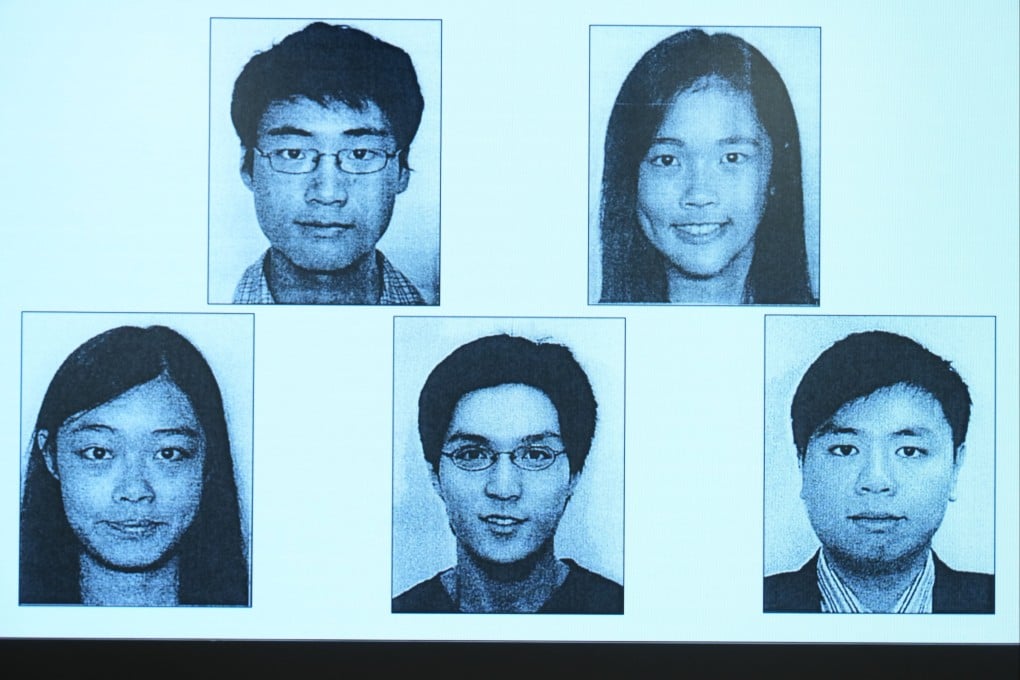Hong Kong national security police offer HK$1 million bounties on another 5 fugitive opposition figures
- The five – Simon Cheng, Frances Hui, Joey Siu, Johnny Fok and Tony Choi – are accused of inciting secession and collusion with foreign forces
- Announcement takes total number of rewards being offered for information leading to each arrest of fugitives wanted in national security cases to 13

Hong Kong police have announced HK$1 million (US$128,000) bounties on another five fugitive opposition figures accused of violating the national security law.
Chief Superintendent Li Kwai-wah on Thursday also revealed officers had arrested four people suspected of sending money through a crowdfunding platform to two prominent activists earlier placed on a wanted list.
The new bounties took the total number of rewards being offered for information leading to each arrest of fugitives wanted in national security cases to 13.
The five – Simon Cheng Man-kit, Frances Hui Wing-ting, Joey Siu Nam, Johnny Fok Ka-chi and Tony Choi Ming-da – were accused of inciting secession and subversion, as well as colluding with foreign forces.
“They sold their country and Hong Kong, and neglected Hongkongers’ interests,” Li said at a press conference. “The National Security Department will pursue them until the end.”
Li warned others to think carefully before trying to provide financial help to those on the wanted list and urged people to come forward with any relevant information.
The chief superintendent said the five had fled overseas and continued to commit offences under the Beijing-imposed law, including inciting secession and subversion, and colluding with foreign countries or external elements to endanger national security. Authorities have said the legislation has extraterritorial effect.